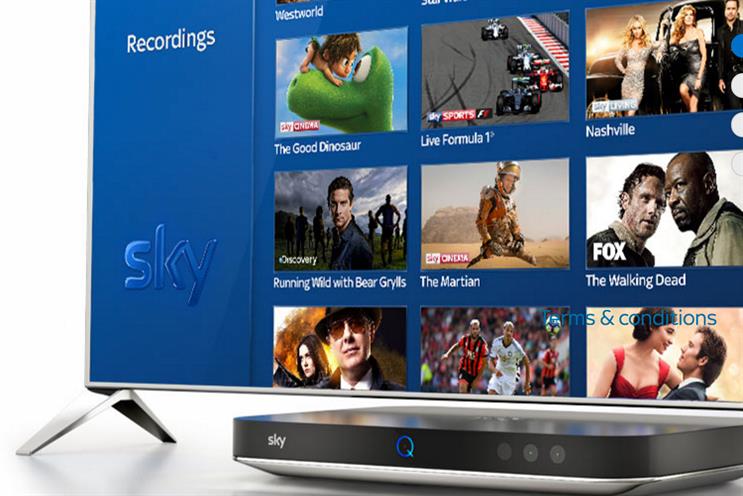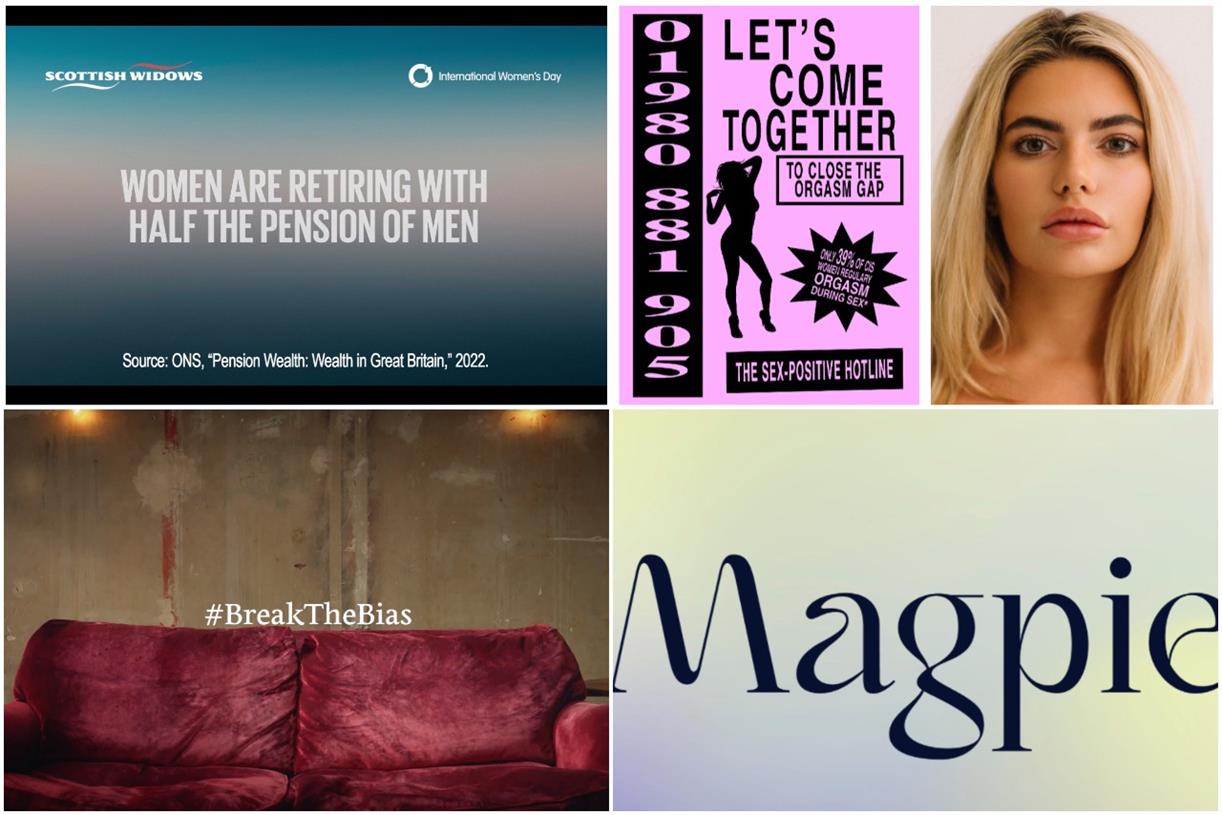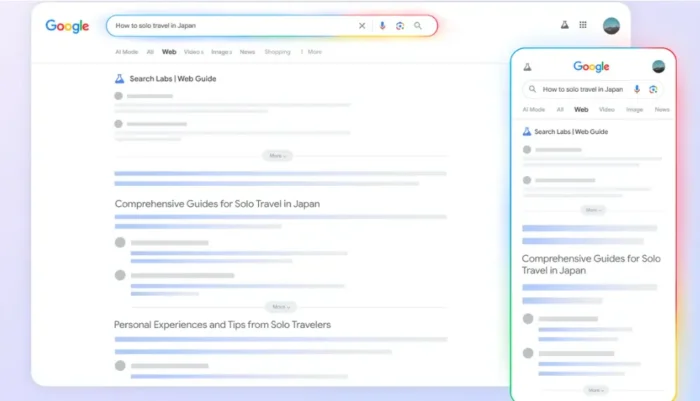Does Your Language Help or Harm Your Professional Relationships?
Welcome to Breaking the Blueprint — a blog series that dives into the unique business challenges and opportunities of underrepresented business owners and entrepreneurs. Learn how they’ve grown or scaled their businesses, explored entrepreneurial ventures within their companies, or...

Welcome to Breaking the Blueprint — a blog series that dives into the unique business challenges and opportunities of underrepresented business owners and entrepreneurs. Learn how they’ve grown or scaled their businesses, explored entrepreneurial ventures within their companies, or created side hustles, and how their stories can inspire and inform your own success. A single word can make or break a relationship, especially in its early stages. This includes relationships with sales prospects, clients, and co-workers. Most of us were raised to think that language and action are two separate things. That words don’t really matter. That an issue involving language is “just semantics.” But in more than two decades of researching how language actually works, I’ve learned that language is social action. In fact, every single thing you say or write can cause a relationship to improve or deteriorate. By paying attention to our language and making sure we’re using the more inclusive version, we can avoid painful mistakes. Here are three ways you can make sure that your language makes people feel recognized, taken into consideration, and valued. A common type of problematic language is being careless or disrespectful of names. This is especially hard on people with low-frequency names. But with some effort, you can make people with “foreign” or “difficult” names feel respected and welcomed. A common mistake that deeply harms relationships is misgendering someone. Here is how to avoid using language that doesn’t match a person’s gender identity or sexual orientation — which may not be obvious from how they look. For most of us who were raised speaking English, our cultural programming taught us that male words could be used universally, to represent everyone. And that everyone fits in the gender binary. But neither of these things are true! By paying attention to names, using language that doesn’t make assumptions about gender identity, and moving beyond male-specific and gender-binary words, you can improve and enhance your professional relationships.
How To Be Mindful of Language in the Workplace
1. Pay attention to names.
2. Avoid assumptions about gender identity.
3. Avoid male-specific and gender-binary language.

 AbJimroe
AbJimroe 


































